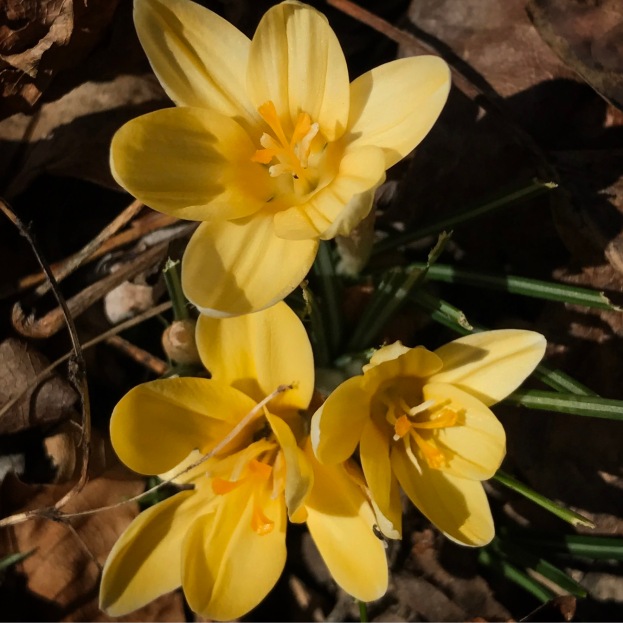

A new poem of mine, The Hunt for Dark Matter Minihalos, is up at Nautilus — Cosmos, along with a a selection of poems from my book, Dark Matter.
The Hunt for Dark Matter Minihalos
They say absence
makes the heart grow
as when downed red leaves show
a tree’s true size.
And when a cliff collapses,
its megatsunami can expand
across oceans, because the absence
of one thing can only be measured
by something else.
–>read the rest of the poem at Nautilus

September 2015 – Aldrich Press/Kelsay Books
buy link: Amazon
An earlier version of Dark Matter won the following prizes:
2009 Ellen La Forge Poetry Prize (formerly the Grolier Prize) for poems: “Star explodes halfway across universe,” “Saturn’s moon may have hidden seas,” “Smallest black hole found,” “How to search for aliens,” “Mysterious white rock fingers on Mars,” and “Three galaxies and a comet.”
2009 semi-finalist in the Philip Levine Prize in Poetry.
2009 semi-finalist in the University of Wisconsin Press Poetry Series, Brittingham and Pollak Poetry Prizes.
2009 semi-finalist for the Sawtooth Poetry Prize, Ahsahta Press, Boise State University.
2010 semi-finalist for the Crab Orchard Series in Poetry First Book Award Competition.
















